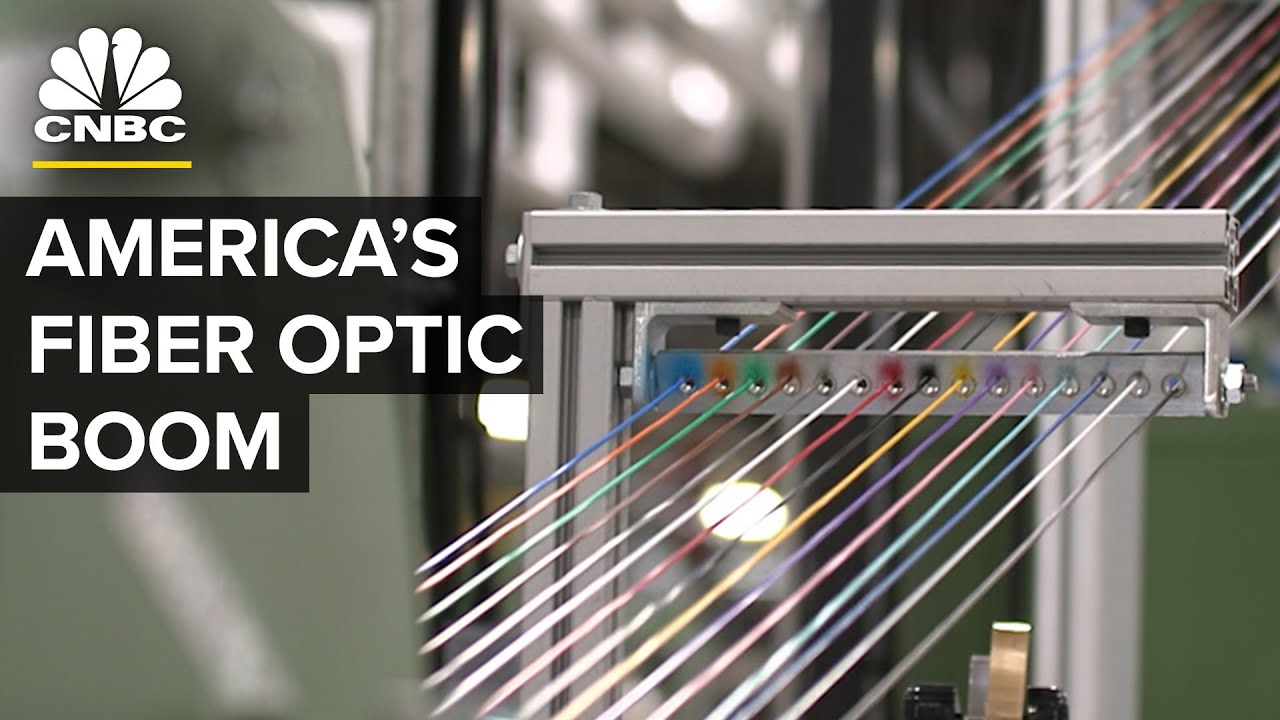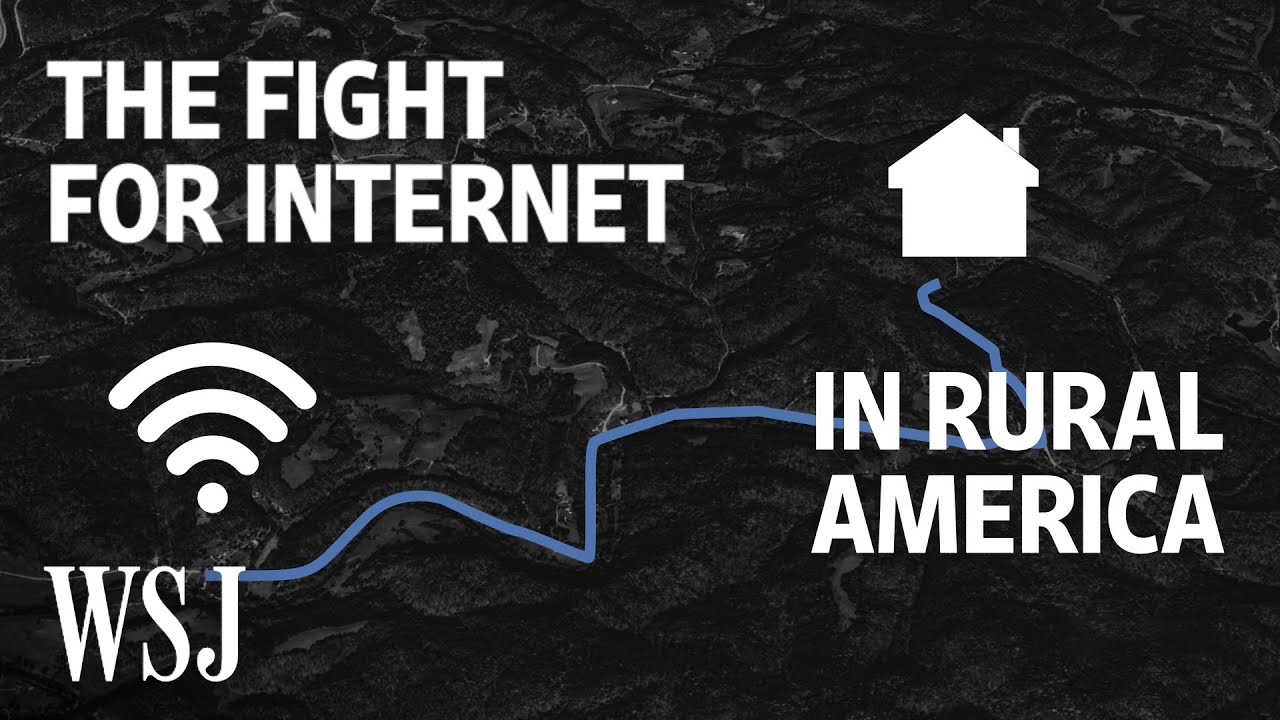SATELLITE • APRIL 22ND 2023
Bridging the Digital Divide: How Satellite Internet is Revolutionizing Access in Rural Montana
In the isolated, mountainous regions of Montana, broadband internet service is a luxury that many families can only dream of having. For individuals and families living in remote areas with lower population densities, the lack of reliable internet access can be a significant barrier to socioeconomic mobility, limiting their opportunities for education, employment, and healthcare access.
Take, for example, the Smith family who lives in a small, rural community nestled in the foothills of the Rockies. John, the father, works as a logger, and his wife Sarah is a part-time cleaner at the local school. Their two kids, Sarah and David, attend the same school where their mother works. Since the school district does not have reliable internet access, virtual learning during the pandemic has been a challenge.
Even before the pandemic, the Smiths struggled to access basic services such as healthcare, as their nearest hospital was a two-hour drive away. The lack of quality internet meant that they could not take advantage of telemedicine, leaving them vulnerable to health risks and injuries that required prompt medical attention.
The Smiths are not alone in facing these challenges. Rural communities across Montana and other parts of the country struggle with a lack of connectivity, limiting access to vital resources and hindering their ability to succeed.
But, there is a solution. Satellite internet providers, like Viasat, offer broadband internet from space that is accessible to even the most remote communities.
With Viasat’s advanced technology and proven track record, the Smiths can now access reliable, high-speed internet service, allowing them to connect with the world in ways they never thought possible. With internet service, their children can participate in online learning, and Sarah can access telemedicine, enabling the family to live healthier, happier lives.
The transformative potential of satellite internet is undeniable, especially for those living in remote areas with limited opportunities. It provides lifeline services like education, healthcare, and job opportunities, allowing families to overcome socioeconomic barriers and achieve a better quality of life.
Through Viasat’s fast, dependable and affordable satellite internet, families living in remote areas of Montana and beyond can now enjoy the same level of connectivity as people living in urban areas. It is a game-changer, leveling the playing field and ensuring all communities have equal access to essential resources. For families like the Smiths, it means the difference between struggle and success, making a tangible difference in their lives.





